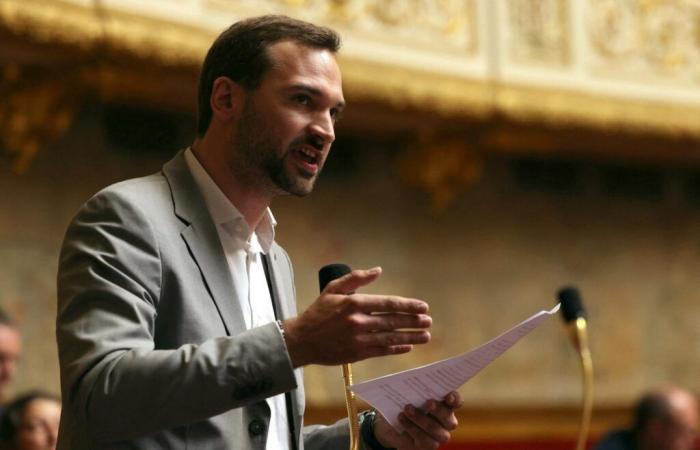Dtoo bad! By presenting an ambivalent bill, at the wrong time and without consultation, intended to repeal the offense of apologizing for terrorism, the deputy of La France insoumise (LFI) Ugo Bernalicis, specialist in security issues of the “insoumis” group, has probably buried for a long time the opportunity to reform a 2014 law that is being diverted from its purpose. But LFI does not bear sole responsibility for this legislative fiasco. With their desire to demonize a political adversary, the far right, the right, the center and even some of the socialists have preferred to engage in a political controversy rather than engage in a debate on a real subject. They favored infamous epithets − « anti-France », « ignoble », “unspeakable” − to disqualify LFI, several of whose officials are being prosecuted or have been summoned for this reason, from real parliamentary work on a text which was not yet on the agenda.
Read also | Insoumise France under fire for having proposed to repeal the offense of glorifying terrorism
Read later
To understand what is at stake, we have to go back to 2014. At the time, the jihadist sphere was in full swing after the proclamation of a pseudo-caliphate straddling Iraq and Syria by the Islamic State organization. (IS), and recruits, attracted by massive propaganda on social networks, are flocking from all over Europe by the thousands. We urgently need to adopt legislative instruments to suppress the online glorification of the despicable acts committed by ISIS. Clearly, we must equip ourselves with instruments to repress the preachers of hatred.
The offenses of advocating terrorism and provoking the commission of terrorist acts, which, since their creation in 2006, fell under press law − like defamation and insult − are included in the penal code and are now covered anti-terrorism law. From fines, we move to prison sentences of up to five years, or even seven for online publications. The prescription goes from three months to three years. Police custody and immediate appearances become possible. Anti-terrorism resources (sound systems, eavesdropping, online infiltration, etc.) are put at the service of investigators. And, finally, convictions can be entered in the file of perpetrators of terrorist offenses (Fijait), which has serious post-sentence implications.
Read also | Article reserved for our subscribers Terrorism: the majority wants to develop preventive justice
Read later
With the jihadist attacks of January and November 2015, the number of convictions for advocating terrorism exploded. In 2016, 526 convictions were handed down. With the decline in jihadist attacks on French soil, these figures then trend downward: 352 convictions in 2017, 260 in 2018, 228 in 2019. The decline in attacks was accompanied by a sharp reduction in this litigation , falling to 136 convictions, many of them against minors, in 2022.
You have 52.43% of this article left to read. The rest is reserved for subscribers.






